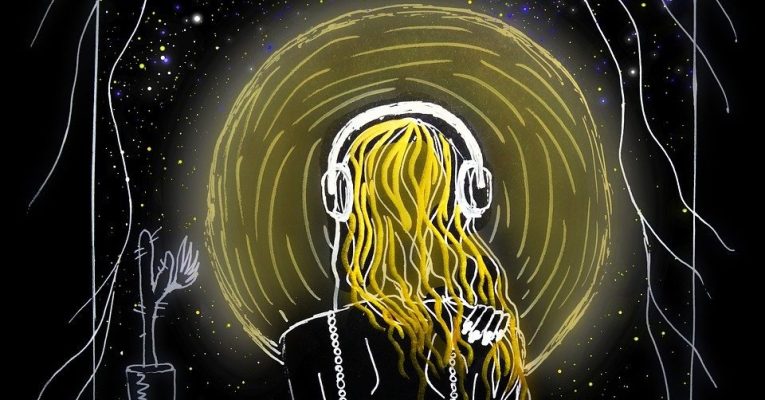
Noise pollution, also called sound pollution, is sound that is unwanted and has negative effects on human or animal life, some of which may be extremely harmful for health and behavior.
The sources of noise pollution are diverse. The may include outdoor noise caused by machines, transportation (trains, trams, motorcycles, cars, metro, airplanes), advertising systems, indoor noise by people, equipment, (such as sounds in offices or factories), loud music, hourly church bells, garden maintenance, construction activities, car alarms, electrical generators, wind turbines, explosions, neighbors, people outside.

Elevated noise levels can contribute to cardiovascular issues, hearing problems, difficulties to turn the mind inwards and reflect, tinnitus, hypertension, sleep disturbances, unpleasant emotions, attention deficit disorder, depression, fear, cognitive decline, stress and anxiety, and in animals it can additionally lead to reproductive, navigational, and predator or prey detection problems.
To a certain degree, people can protect themselves of disturbing sounds. For instance, one can reduce noise in the workplace by implementing certain rules and more silent equipment, design better urban planning, use hearing protection (such as ear plugs), create white noise, spend regular time in Nature, move to calmer environments, or isolate one’s room or home against sounds from outside.
Nevertheless, in our current times with more dense urbanization, overpopulation, and ever more technological applications and equipment indoors and outdoors noise reduction has become increasingly difficult.

















